The UK construction market shifts week by week. Costs move. Schedules slip. Therefore, workers who upskill stay employable. One smart move is a recognised licence. In this space, IPAF training stands out.
What is IPAF and why it matters?
IPAF promotes safe, effective use of access platforms. Its courses lead to the PAL Card. That card is recognised across the UK and abroad. In fact, it is valid for five years before renewal. Consequently, it signals competence, care, and a safety-first mindset. Employers notice.
Flexible IPAF course options with CPTS
CPTS covers the full range:
- 3A: scissor lifts
- 3B: cherry pickers / boom lifts
- 1B: static booms
- PAV: push-around verticals
- Harness use & inspection
- MEWPs for Managers
- Demonstrator and Load/Unload
- PAL+ advanced modules
Training is built for busy people:
- eLearning theory, so you study when it suits you
- practical training and testing on site
- Saturday dates available, which helps full-timers
- nationwide venues, including Peterborough, Luton, and Northampton
Additionally, CPTS brings 35+ years of experience and reliable delivery. Hence, courses run as planned. Finance options are available too.
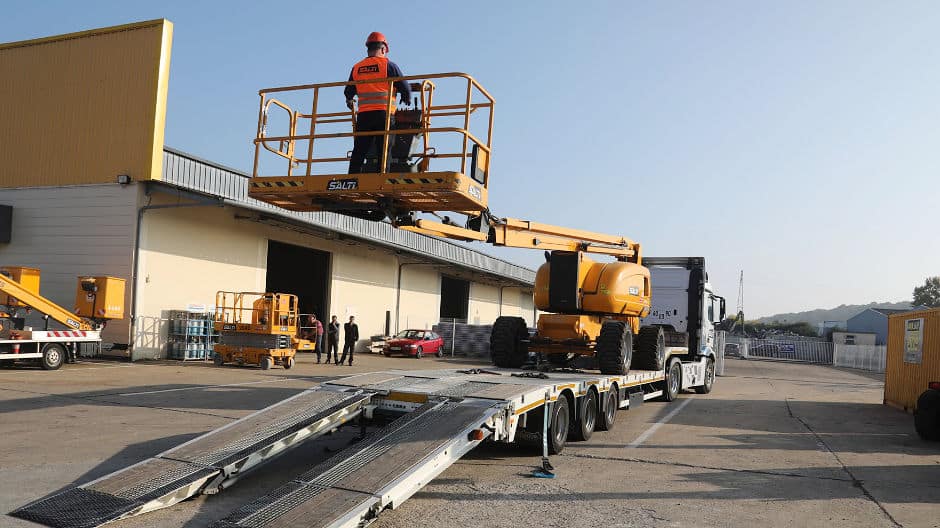
Source: IPAF
Career resilience through IPAF training
Even in a slowdown, sites must stay safe. Therefore, operators with current PAL Cards remain in demand. They unlock more roles and better day rates. Likewise, supervisors trust teams with proven credentials.
Key career wins:
- broader job access during lean spells
- compliance with main-contractor rules and HSE expectations
- stronger CV signals and faster onboarding
- skills you can transfer between projects and regions
Ultimately, IPAF training is more than a ticket. Instead, it is a hedge against uncertainty and a route to steady work.
Renewals and staying compliant
Your PAL Card lasts five years. After that, you renew. At renewal, IPAF asks operators to evidence recent experience via a logbook. Since 2022, the official guidance requires at least ten entries in the logbook, including entries recorded in the ePAL app. Therefore, keep logging each meaningful shift. Otherwise, you may need a longer refresher.
CPTS helps you plan renewals early. For example, we show you how to record hours in ePAL. We also remind you to capture machine type, location, and task notes. Consequently, renewal stays simple.
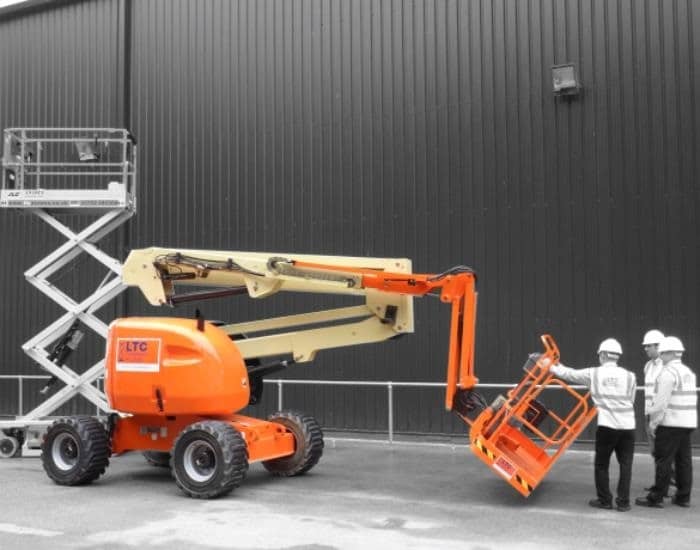
Source: IPAF
Quick benefits at a glance
- recognised PAL Card valid for five years
- eLearning plus focused practical sessions
- Saturday training available
- full range of IPAF categories
- nationwide locations
- 35+ years of expertise
- reliable course delivery
- finance options available
Frequently asked questions (FAQ) about IPAF courses
How long does an IPAF PAL Card last?
Five years. Then you renew.
Can I train on a Saturday?
Yes. CPTS runs selected weekend dates.
What is the difference between 3A and 3B?
3A covers scissor lifts. 3B covers cherry pickers and booms.
How do I record experience for renewal?
Use the ePAL app or a paper logbook. Add machine type, time on tools, and task details.
Where can I take an IPAF course with CPTS?
We train across the UK, including Peterborough, Luton, Northampton, Kettering, Bedford, Milton Keynes, and Wellingborough.
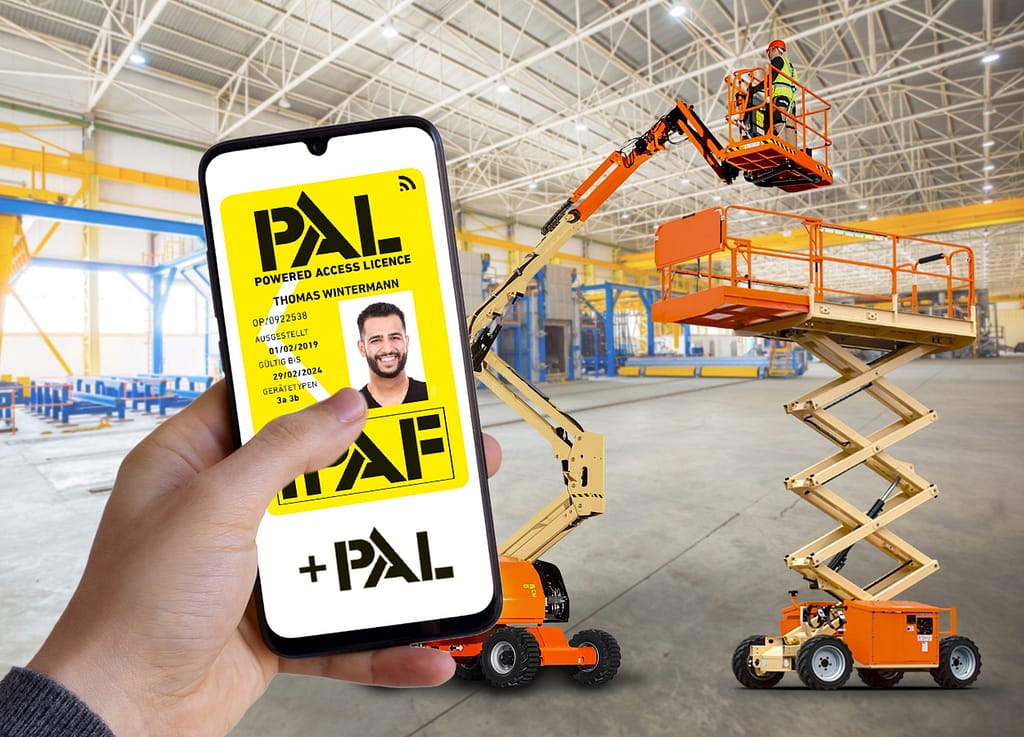
Source: IPAF
A quick story from site
Last winter, a rigger joined with no powered access ticket. However, he needed to spot-operate a boom for a short task. He booked a 3B day, passed, and logged every shift in ePAL. Six months later, he moved onto a shutdown where IPAF was mandatory. Because he had the card and entries, he cleared onboarding in hours, not days. Small steps, big results.
Ready to strengthen your CV? Then book your place. Check available: https://www.cpcs-training-courses.co.uk/ipaf-course/
Get real time update about this post category directly on your device, subscribe now.

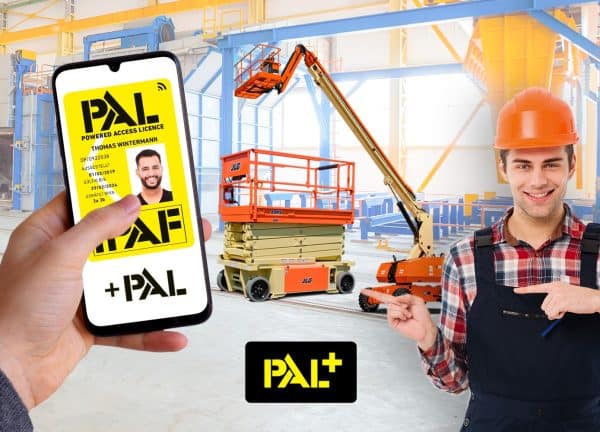

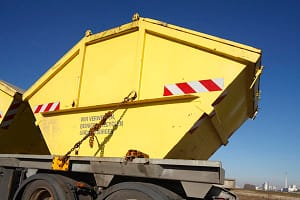


Leave a Comment